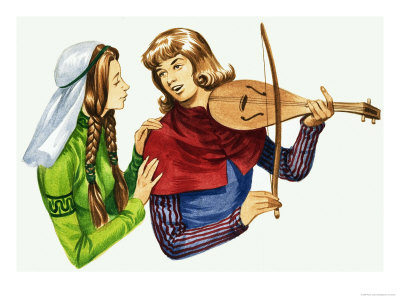After his initial vision, Francis sought out secluded
places, where one could mourn in peace, and he would groan and pray aloud. Finally, his prayers were answered and he
received an answer from the Lord. At
one point completely absorbed in the Lord, he saw a vision of Christ, crucified
before him. Francis’ soul melted within
him, and this vision impressed him so strongly that anytime he had remembrance
of Christ on the cross, he would have to restrain himself from weeping. It was by this vision that Francis finally
understood the meaning of Jesus’ words, “If you would come after me, deny
yourself, take up your cross and follow me.”
From this point on, Francis took on poverty, humility and
goodness. Up until this point, not only
the proximity, but even the distant sight of lepers would disgust him. But since he saw Christ, marred and despised
as any leper, he finally overcame himself.
He would constantly seek to offer humble and gentle service to any leper
when he saw them. He would go to lepers’
homes, offer them alms and then kiss their hands and faces.
When Francis saw the poor, he would never hesitate to give
them something, sometimes his own necessity, stripping off his clothes, or
tearing at them to give the poor at least a scrap, when he had nothing else to
give. If he saw a poor priest, he would
treat them with the utmost respect and offer them not only goods, but
something for them to place on their
altar, so he shared in their worship.
At one point, he visited St. Peters and he saw a group of
beggars before the church. He gladly
stripped off his garments, gave them to the neediest beggar there. Then he spent his day with the beggars,
gladly partaking in the poverty of the gospel.
All this he did before he had donned any habit or formed his
way of life.
-From The Life of Francis by Bonaventure, Chapter 1, sections 5 and 6







